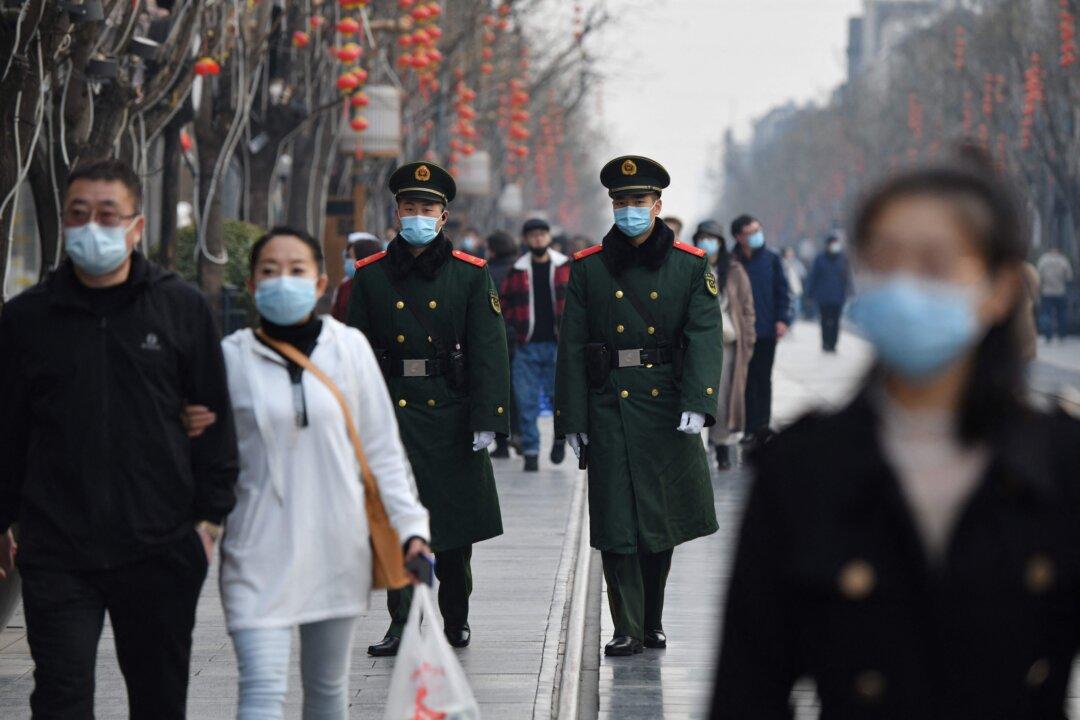A United Nations body set up to combat drugs and corruption is being questioned for having entered into an agreement with a Chinese extrajudicial agency known for its human rights violations.
The rights group calls the liuzhi system a “legalized system for disappearance.”
The rights group’s concerns center around the U.N. Office on Drugs and Crime (UNODC) choosing to work with the Chinese agency behind the liuzhi system, the National Supervision Commission (NSC). The two signed a memorandum of understanding (MOU) in October 2019.
Since then, the NSC has subjected at least 28,983 victims to the liuzhi system, according to estimates by the rights group. During that same time span, the Chinese regime has only confirmed to have placed 5,909 people under the system.
The rights group also estimated that a minimum average of 16 to 76 people is subjected to the liuzhi system every day.
“The NSC is responsible for widespread and systematic acts of enforced disappearance, torture, and other inhumane acts of a similar character intentionally causing great suffering, or serious injury to body or to mental or physical health, gross human rights violations that have all been reported to the United Nations,” the rights group stated.
“If 28,983 people [arbitrarily] detained, disappeared and [tortured] since signing the MOU is not enough for the UNODC to realize NSC is not a suitable partner, let alone develop deeper cooperation with, [what would be]?” Safeguard Defenders asked.
The NSC, a non-judicial organ, is a supersized anti-corruption agency established by the Chinese Communist Party (CCP) in March 2018. It’s tasked with investigating economic crimes committed by business people, party members, and employees at state-run institutions.
The NSC holds enormous power, including the ability to issue warrants, freeze assets, summon suspects, and hold suspects for at least six months in the liuzhi system, where they’re denied access to their family or a lawyer.
The MOU that the NSC signed with UNODC isn’t the only one. According to the NSC’s website, the commission also inked similar agreements with several countries, including Argentina, Thailand, the Philippines, and Vietnam.
“At least for the NSC, signing of these MOU has effectively legitimized China’s move of handing over judicial cooperation, and criminal investigations, to a non-judicial organ,” Safeguard Defenders stated.
In August 2019, 27 human rights organizations, including Safeguard Defenders, World Uyghur Congress, and the International Campaign for Tibet, issued a joint statement calling on the Chinese regime to end all forms of forced disappearing, including RSDL and liuzhi.
Safeguard Defenders has asked the U.N. Special Procedures to carry out a “comprehensive analysis” of the liuzhi system and how it “stands in line with international legal and human rights obligation.”
UNDOC told The Epoch Times that it did not have any problems disclosing the MoU if NSC also agreed.
“As any UN-entity and being an integrated part of the UN Secretariat, UNODC is bound to apply the standards set out in the UN human rights due diligence policy in whatever it undertakes, be it technical, normative and any other related work,” UNDOC said in an email.




